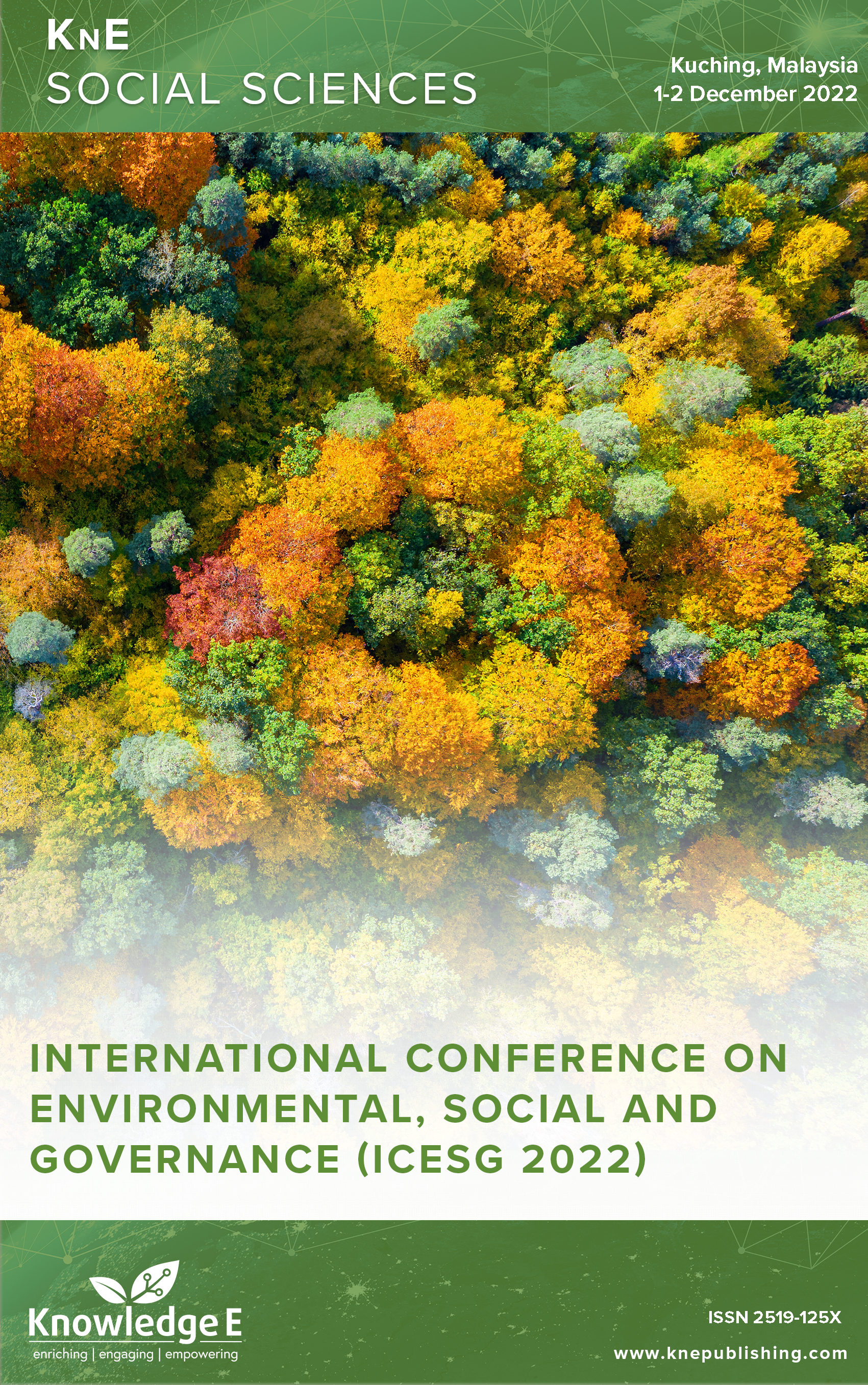Building Comprehensive Sex Education Plans for Teenagers: Groundwork-Based Research Design Application
DOI:
https://doi.org/10.18502/kss.v8i20.14590Abstract
Although sexual education is an important part of a child’s education and upbringing, in Vietnam, sex education is not an official subject in school, and young people’s awareness of Comprehensive Sex Education (CSE) is still limited. While sex education at school is necessary, it is not the only way nor sufficient enough to change teenage sexual behavior. A parent’s role could involve communicating about values, providing a positive family environment, and monitoring their children’s behavior. This topic explores the awareness of teenagers about CSE and the availability of teaching CSE in Vietnamese schools and families. Data was collected via an online survey of 89 teenagers and 119 parents whose children are teenagers. The findings revealed that the target group is not fully aware of CSE and in particular, they also feel the importance of the family in this regard but are afraid to share gender issues with their parents and tend to find information on their own through the internet.
Keywords: teenagers, sex education, reproductive health, Vietnam, sex and sexuality
References
[2] Tran Minh Thanh H. Activities supporting sex education to adolescence in Hanoi nowadays (research at academy secondary school and Thanh Liet secondary school). 2021. http://www.gphjournal.org/index.php/er/article/view/428/245
[3] Anh DN, Michael WR, Eric AR. Internet influences on sexual practices among young people in Hanoi, Vietnam. Culture, Health & Sexuality. 2022:201-213. Available from: https://www.tandfonline.com/doi/abs/10.1080/13691050701749873?fbclid= IwAR0y5xrudpXJky0sEvKB
[4] Trinh T, Steckler A, Ngo A, Ratliff E. Parent communication about sexual issues with adolescents in Vietnam: content, contexts, and barriers. Sex Education. 2009;9(4):371-380. 5. Nguyen A. Public opinion in Vietnam about adolescent sexuality, sex education and abortion. SSRN Electronic Journal. 2009.
[5] Ashcraft AM, Murray PJ. Talking to parents about adolescent sexuality. Pediatric Clinics of North America. 2017 Apr;64(2):305–20.
[6] UNESCO. International technical guidance on sexuality education: an evidenceinformed approach. 2022 [cited 2022 Feb 13]. https://unesdoc.unesco.org/ark: /48223/pf0000260770
[7] Coakley TM, Randolph S, Shears J, Beamon ER, Collins P, Sides T. Parent–youth communication to reduce at-risk sexual behavior: A systematic literature review. Journal of Human Behaviour in the Social Environment. 2017;27(6):609–24.
[8] Coakley TM, Randolph S, Shears J, Beamon ER, Collins P, Sides T. Parent–youth communication to reduce at-risk sexual behavior: A systematic literature review. Journal of Human 10. 2017.
[9] 10. Asian-Pacific Resource and Research Centre for Women (ARROW). Comprehensive sexuality education (CSE) in Asia: A regional brief. 2018. http://arrow.org.my/wpcontent/ uploads/2018/03/ARROWRP-CSE-AP-WEB.pdf
[10] Do LA, Boonmongkon P, Paek SC, Guadamuz TE. ‘Hu Hong’ (bad thing): Parental perceptions of teenagers’ sexuality in urban Vietnam. BMC Public Health. 2017 Feb;17(1):226.
[11] Lou C, Cheng Y, Gao E, Zuo X, Emerson MR, Zabin LS. Media’s contribution to sexual knowledge, attitudes, and behaviors for adolescents and young adults in three Asian cities. Journal of Adolescent Health. 2012 Mar;50(3 Suppl):S26–36.

